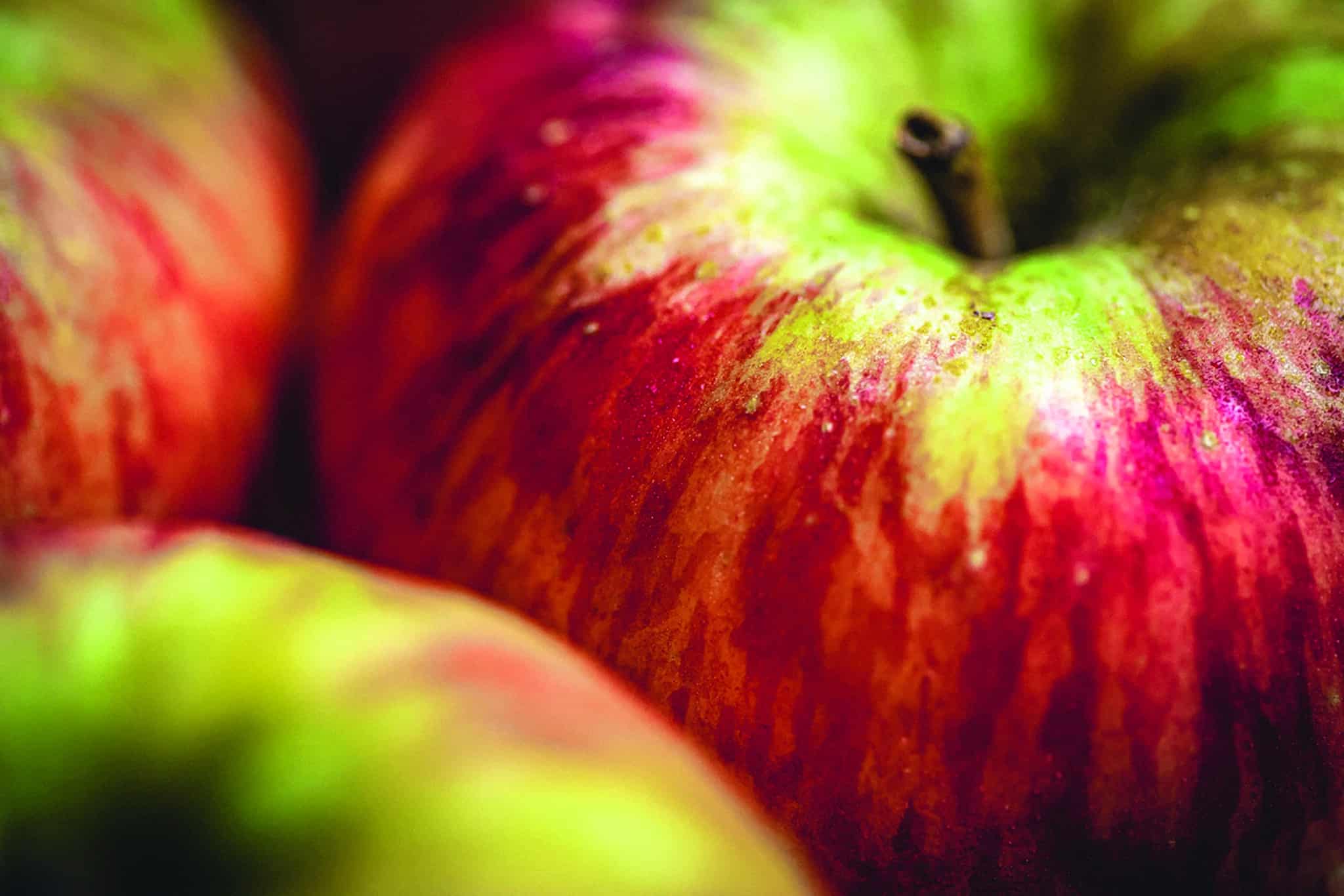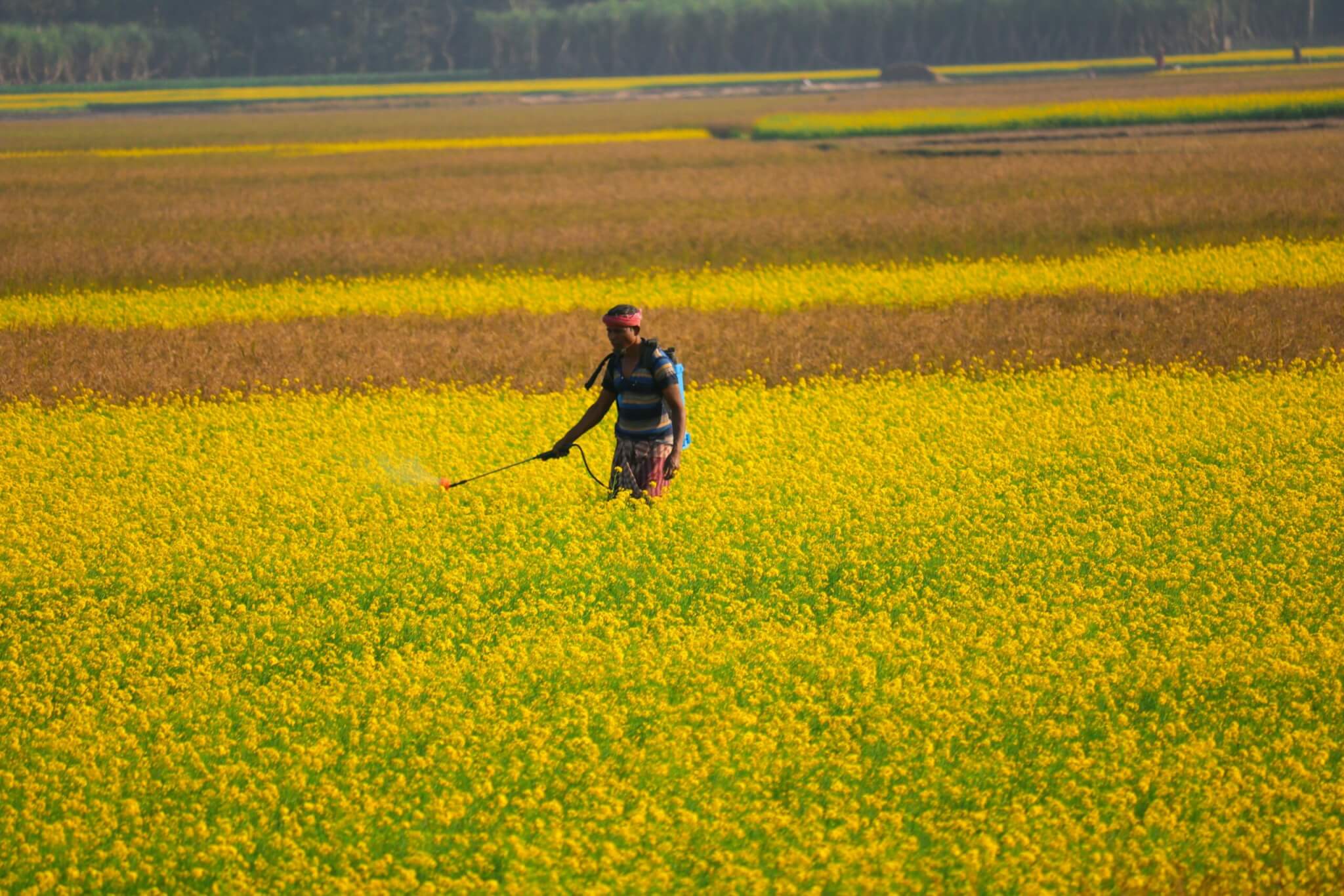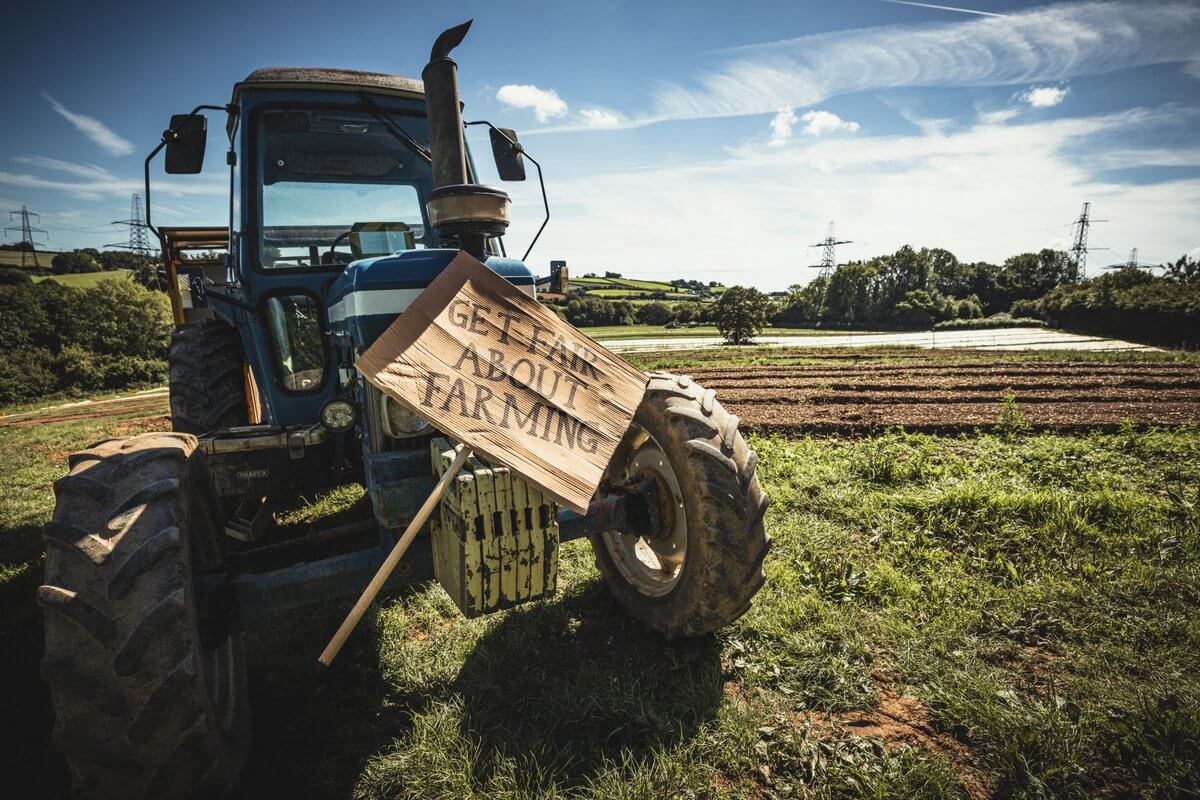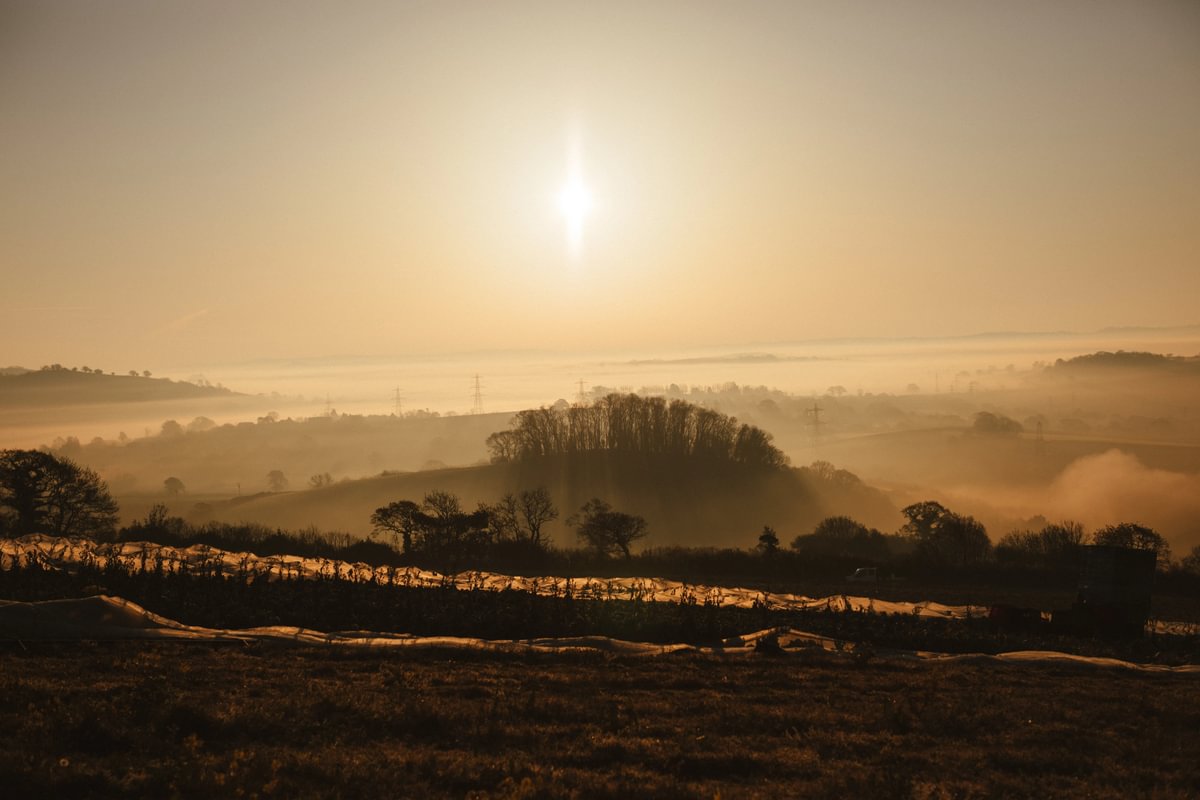Apple growers are leaving the industry to sell to developers or diversify, as higher prices paid by consumers are not passed on.
Consumers paid at least 17 per cent more for apples in September 2022 compared to the previous year (ONS data), during which time British apple growers only received price increases of 0.8 per cent from supermarkets. The figures from trade body British Apples and Pears (BAP) add to increasingly stark warnings from the sector. A shortage of pickers was worsened by Brexit, while the Ukraine war saw energy prices soar by up to 300 per cent.
The cost of growing apples has gone up by 23 per cent, according to BAP, warning that growers have already cancelled tree orders.
“I can’t think of a single apple grower that is making money,” said BAPL chief executive, Ali Capper. “The costs of labour, storage, haulage, tree planting, and orchard maintenance have all increased. What hasn’t increased is the return to growers. No one wants to import more apples. It makes no sense from a carbon or water footprint perspective, and it diminishes UK food security. We urgently need fairer returns for growers from UK supermarkets to ensure the future of the British apple industry.”
Speaking to Wicked Leeks, Capper said that, despite the publicity, “anecdotally, I am not hearing that things are improving. It’s all about margin. It has gone backwards.”
Kent organic apple grower Paul Ward said that, particularly in the South East, if growers can get building permission, “they’re out as fast as they can.”
“Around us I’m seeing literally hundreds of acres of orchards coming out. Maybe going into arable, but farms are also going onto the market.” He said low prices are “very short-sighted” and will leave the UK more reliant on European apples, where prices are more volatile.
“The intransigence of the supermarkets about paying more money for the produce makes it worse in the UK. We’ve sold more apples last year than any other year, but we don’t have a penny in the bank,” he said, adding that he has been protected due to selling to organic veg box company Riverford. “Riverford and a lot of the organic wholesalers have supported English apples, taking them even though the cost is higher than imports,” he said. “The same thing happens on the continent – there is more commitment to national produce.”
The rising cost-of-living and stagnant wages have made headlines throughout the last year, with much of the public sector striking. Asked whether growers will follow suit, Capper said: “Are we going to go on strike? Or simply pivot and do something else? At the moment, that is what we’re seeing. I always thought food shortages would bring retailers to their senses. They just shrug their shoulders and import.”
Elsewhere, recent shortages of tomatoes prompted UK salad growers to point to low prices, while egg farmers have said they won’t expand flocks until higher feed costs are taken into account.
Ward agreed that strikes among growers are unlikely. “You will not get that degree of collective action among fruit growers. They’re not going to cooperate because they’re competing with each other. The only thing we can do is raise public awareness. Once this side of things is closed, it won’t reopen. Once it’s gone, it’s gone.”
Capper added: “No one in government is championing fresh produce and I don’t know why. They have delegated food policy to retailers. There needs to be a significant shift in attitude, mainly in government.”
This news story was originally published in the Wicked Leeks spring-summer 2023 print edition. You can add a hard copy to your Riverford veg box order, or read online as a digital edition.













Isn’t it about time that we consumers start educating ourselves and voting with our feet re. quality farm food, environment, bank interest rates, affordable housing, education, business exploitation, political incompetence, &c.?!
In the end the $/£ stops with me and my quality or quantity choices – today, (multiplied by the no. of British voters).
If we want to continue to be manipulated and exploited, then roll on the status quo… If not, then we’re going to have to change our habits. Yup. There’s the rub: it’s up to you and me to change the way the UK works for the better!
Yummy! What are we willing to do for a taste of those glorious apples, real cider, and apple crumbles &c.
Almost the only power we little people have left is where we put our food dollars/pounds/euros. Which farmers do we want to support? My friends buy cheap meat from feedlots at Costco, I eat less meat and go to Naomi down the road who raises a couple of pigs and some grass fed beef. And going to Naomi’s farm is a lot nicer than going to box stores. I am privileged to have these choices, I admit, but it makes it personal. Put your money to supporting the kind of farming you want to see happen.
I stopped doing most of my shopping at supermarkets about decades ago, maybe even earlier. It was Anita Roddick of the Bodyshop who said we can be guerrilla activists with our shopping choices back in 1980s. It might not have worked but it makes me feel better.
It might be fashionable to moan about markets, but in this case it’s obvious that a decently regulated market would actually improve this situation. How can supermarkets can have so much market power that they determine the price of apples? Or dairy or anything? Or is the market for apples actually a “free market”, because that allows those with the most money to corner the market?
I noticed in Waitrose that their organic apples were grown in Chile. All those air miles. So why can’t Waitrose customers buy home-grown organic apples? Is it all based on price? Seems bonkers to me that apples from Chile are cheaper.